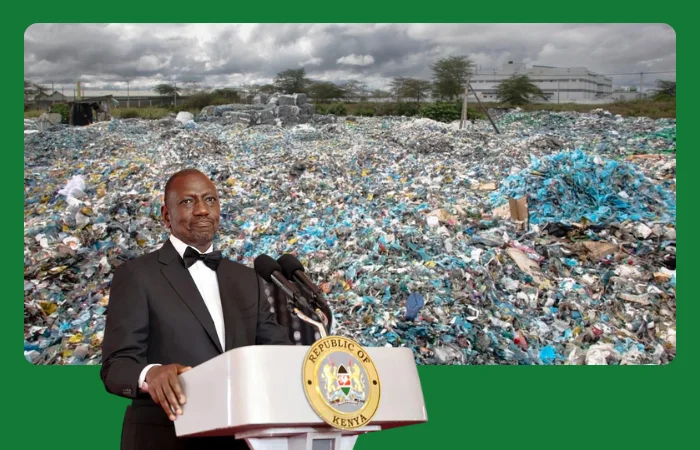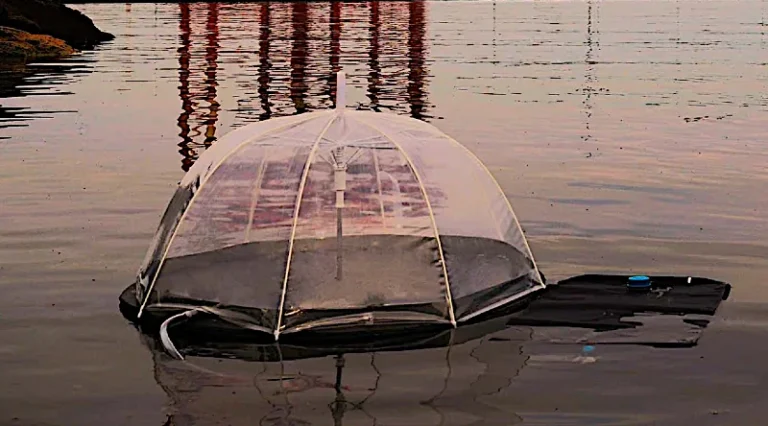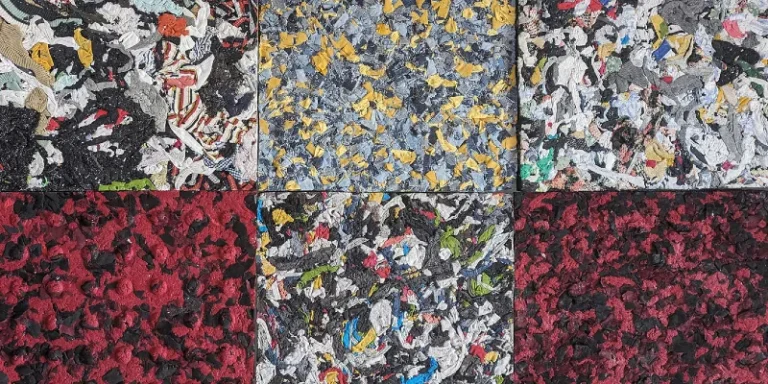In a landmark move, government delegations from around the world have convened in Nairobi, Kenya, to deliberate on what could become the first global treaty to address the escalating crisis of plastic pollution. The discussions, beginning Monday, are pivotal in shaping the treaty’s ambition, particularly around whether to impose universal targets on plastic production or allow nations to set their own goals.
Environmentalists emphasize the crucial nature of these decisions, terming them the “center of gravity” for the treaty. The previous round of talks in Paris, facilitated by the international negotiating committee (INC), saw a divide in perspectives. While the US, Saudi Arabia, India, and China favored a “Paris-style” agreement, allowing states to determine their commitments, others, notably African and many developing countries, advocated for robust global commitments.
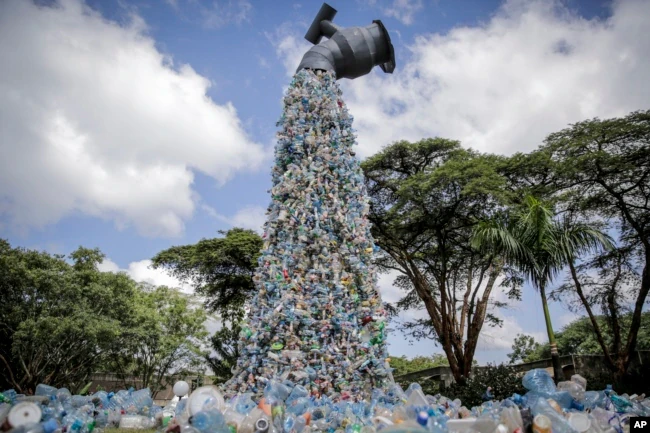
Signs of a Possible Shift in the US Stance
Graham Forbes, the global plastics campaign lead for Greenpeace USA, pointed out a possible shift in the US position, moving away from favoring voluntary commitments. “We need to be speaking about rules and putting in place regulations,” he stressed, reflecting a growing call for firmer action.
The Road to a Formal Treaty by 2024
Last month’s “zero draft” version of the treaty, published by the INC, sets the groundwork for the ongoing negotiations. This document, described by the head of the United Nations Environment Program as the most significant multilateral treaty since the Paris accord of 2015, outlines different perspectives on reducing virgin plastic production. The third round of talks in Kenya marks a critical halfway point in achieving a formal treaty by the end of 2024.
The “Zero Draft”: Options for Reduction
The draft presents three approaches to reducing primary plastic:
- A globally agreed target (like the Montreal Protocol).
- Global targets with nationally determined restrictions (like the Paris Agreement).
- Nationally determined targets and restrictions.
Tim Grabiel, a senior lawyer at the Environmental Investigations Agency, advocates for a mix of the first two options, citing the effectiveness of the Montreal Protocol and the shortcomings of the Paris Agreement.
The Growing Crisis of Plastic Pollution
Plastic waste is on a steep rise, with projections indicating a near tripling by 2060. The Organization for Economic Co-operation and Development report highlights that about half of this waste may end up in landfills, with less than a fifth being recycled. This increase in plastic production and waste is set to significantly boost greenhouse gas emissions.
Greenpeace’s Ambitious Call for Action
Greenpeace is urging for a drastic cut in plastic production — a reduction of at least 75% by 2040 — to align with a 1.5C climate scenario. Eirik Lindebjerg, WWF’s global plastics policy lead, recognizes the “zero draft” as a mix of concrete, vague, and non-binding clauses but sees it as a foundation for discussions on global bans and phase-outs.
Balancing Economic Interests and Public Outcry
Lindebjerg notes the significant economic interests vested in maintaining the status quo but also acknowledges the strong public demand for change. The outcome of this clash of interests remains to be seen.
More To Discover
- The Hidden Agricultural Heroes Powering Our Everyday Lives: Top 5 Genetically Modified Crops
- Science Class or Beef Commercial? How the Beef Industry is Targeting Your Kids’ Classrooms
- 1.5 Billion Tires Are Thrown Away Annually, A New Recycling Method Can Transform Them Into High-Value Products
- The Future of Eggs Is Here: Precision Fermentation Means Flocks Won’t Need To Produce Eggs
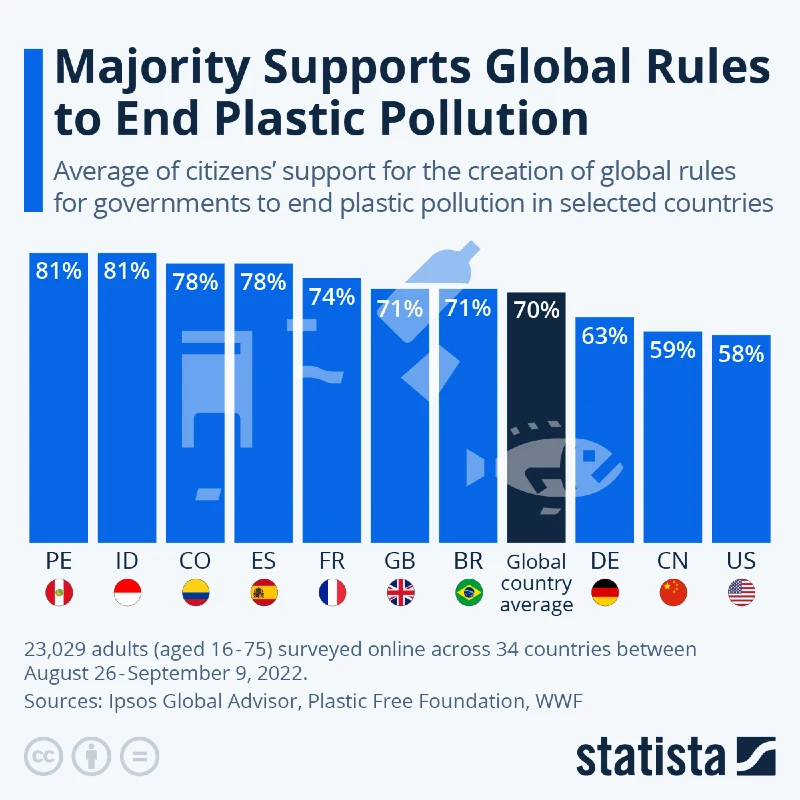
A Collective Voice Against Plastic Pollution
This month, the High Ambition Coalition to End Plastic Pollution, comprising 60 ministers, reiterated their commitment to eliminating plastic waste by 2040 and called for a comprehensive treaty covering the entire life cycle of plastics. Their joint statement expressed deep concern over the projected increase in mismanaged plastic waste and associated greenhouse gas emissions.
The Nairobi talks represent a critical juncture in the global fight against plastic pollution. With the backdrop of increasing environmental concerns and public pressure, the decisions made here could shape the future of global plastic management and environmental conservation.
In Conclusion
The Nairobi negotiations on the global plastic pollution treaty are a testament to the growing recognition of plastic pollution as a dire environmental crisis. The treaty, once finalized, could be a game-changer in how the world manages plastic production, consumption, and waste, marking a significant step towards a more sustainable and environmentally conscious global community.








